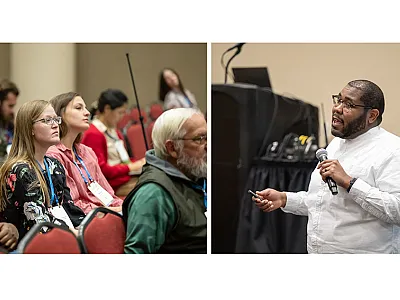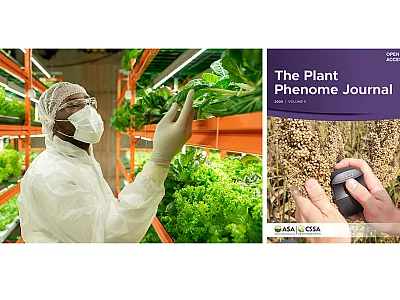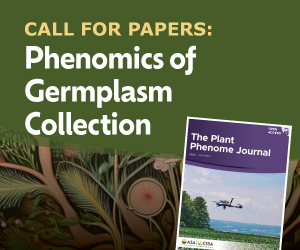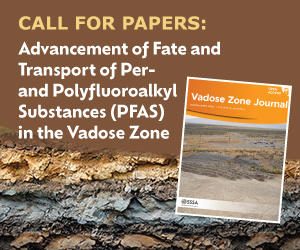Cut the Plastic, Switch to Natural Sisal Twine Bale String

Dear Editor: The January 2023 cover story (p. 4; https://doi.org/10.1002/csan.20930) focused much needed attention on plastic contamination of soils from mulch, masks, and latte cups, but it did not mention poly bale string. Anyone who has worked on a farm making or handling square bales knows that hay or straw are packaged with string. And very often it is the polymer type a string. Usually, this string is collected and properly discarded.
However, what is not collected are the short (about 1‐inch) clippings of string left behind whenever the baling machine ties knots to package the bale. These numerous string clippings inevitably land in the soil. When hay or straw bales are made with natural sisal string, the fibers decompose in soil. Unfortunately, when poly string is used, the fibers will persist, accumulate, and contaminate our soil resource. It is not just farmland soils that becomes contaminated. The oceans, always downhill from soil erosion, are also at risk.
The good news is that for making bales we already have a good sustainable alternative to poly string: natural sisal bale twine. The baler‐tying mechanism may need some adjustment to change to natural twine, but good, sound bales can be reliably made with natural sisal twine. Sisal twine typically costs a little more than poly. However, hay buyers aware of the concerns with plastic contamination will prefer to buy hay made with natural twine.
There is one more good reason to use natural twine: It is a product “made in agriculture” by real farmers growing sisal plants in many countries around the world.
—Joseph R. Heckman, Ph.D.,
Extension Specialist–Soil Fertility,
Cook Campus, Rutgers University
Text © . The authors. CC BY-NC-ND 4.0. Except where otherwise noted, images are subject to copyright. Any reuse without express permission from the copyright owner is prohibited.








